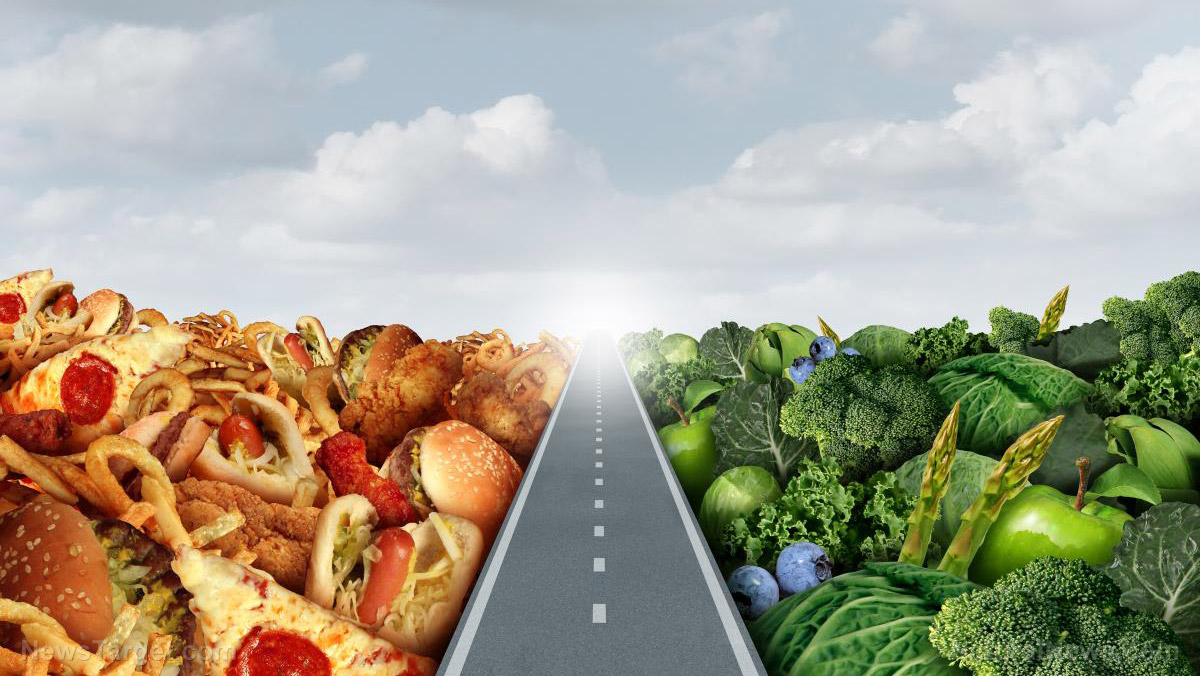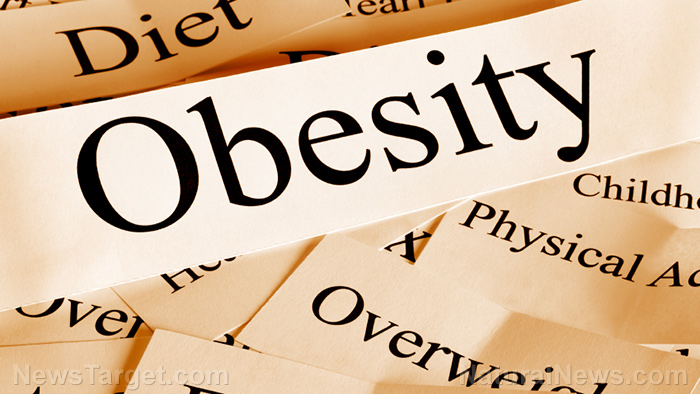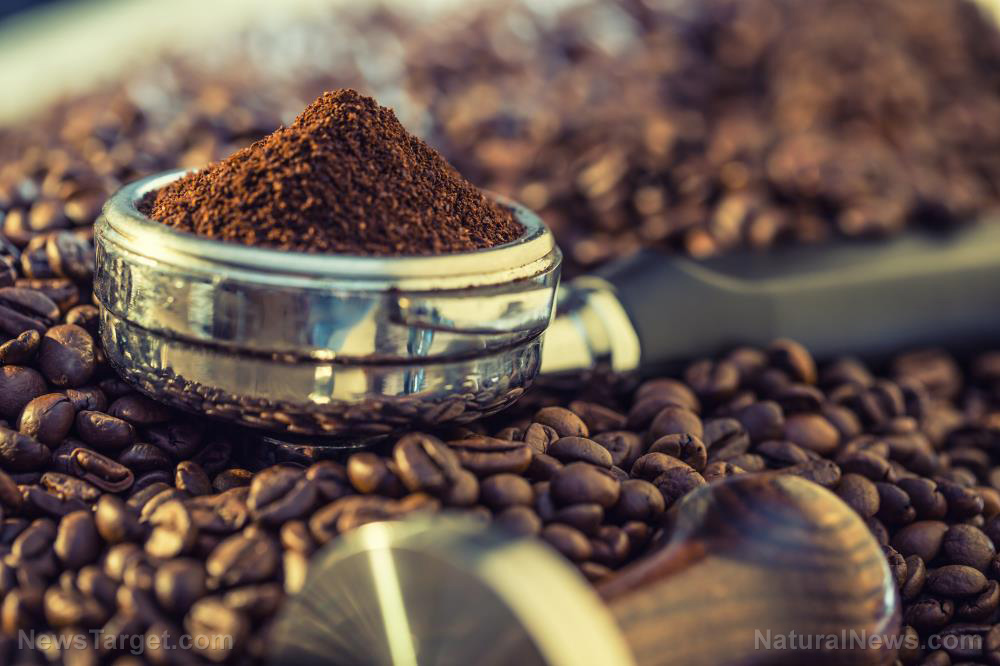What is keto coffee and can it really help you reduce weight?
08/05/2020 / By Virgilio Marin

There is a new craze in diet town and it’s called keto coffee. Mixed with butter and medium-chain triglyceride (MCT), keto coffee follows the principle of the ketogenic diet.
The ketogenic or keto diet is a high-fat, low-carb, moderate-protein diet. It is based on the idea that by depriving the body of carbohydrates, you can force your body to burn fats for fuel. The body’s primary source of energy is carbohydrates, which get converted into glucose or blood sugar. In turn, the body burns glucose for energy.
Fats often act as a second-stringer in this case, which means they usually remain stored for later use when carbohydrates are low in the body.
Hence, people on keto diet restrict carbohydrate intake and instead rely on fat for sustenance. As a result, the liver breaks down fats and converts them into ketones, which the body uses for energy in the absence of glucose. This is the metabolic state commonly known as ketosis.
Consequently, the body loses weight as it burns more and more fats.
Keto-coffee: Does it really work?
Keto coffee is a combination of coffee and fats. It is packed with grass-fed butter and MCTs, which can take the form of either powder or liquid. People claim that keto coffee can help one reach ketosis and lose weight. However, this is not accurate.
Simply drinking keto-coffee without making the necessary dietary adjustments required of true keto diet will not help you lose weight. In fact, it will do the opposite.
“The grass-fed butter is going to add extra saturated fat to the diet that is not going to work any weight loss miracles on its own,” explains Rachel Daniels, a registered dietician and a senior director of nutrition at Virtual Health Partners.
The liver will only start producing ketones upon periods of carbohydrate restriction. When you drink keto coffee and at the same time consume carbohydrates normally, the body does not reach ketosis. It is thus important to follow the right guidelines of keto diet to experience any positive effects. And right on top of the list is to restrict eating carbohydrate-rich foods. (Related: Eat fat, lose weight.)
Furthermore, keto coffee should not be taken alongside another meal. Instead, it should be considered a meal in itself and consumed only once a day.
“Dieters should stick to one cup a day and drink it in place of a meal, not as a beverage to have alongside your breakfast,” said Kristen Mancinelli, a registered dietitian who authored The Ketogenic Diet.
One additional benefit of keto coffee is that it packs in MCTs, which help dieters feel full longer and thus prevent them from overeating throughout the day.
Considerations when drinking keto coffee
While keto coffee may be beneficial for weight loss, there are further considerations to keep in mind.
A meal replacement should contain 300 calories and have some other nutritional value. In addition, drinking too much coffee with added fats may lead to weight gain, as well as cause gastrointestinal distress. Butter, in particular, is a source of saturated fat, which can be detrimental to health in high amounts. As experts explain, the whole point of keto diet is to make ketones out of your body fat; it is not simply a matter of importing fats from outside sources such as keto foods.
Furthermore, reaching ketosis takes time no matter how much keto coffee you consume. It also varies from person to person and is influenced by your genes, fitness level, physical activity and how strictly you’re following the keto diet.
If you’re trying to lose weight, it is thus best to pair keto coffee with the right lifestyle. This way, you also maximize the effects of keto diet.
Learn more tips on how to lose weight naturally at Slender.news.
Sources include:
Submit a correction >>
Tagged Under:
anti-obesity, carbohydrates, diet, diet food, fats, fightobesity, glucose, high-fat diet, keto coffee, keto diet, low carb diet, weight loss
This article may contain statements that reflect the opinion of the author
RECENT NEWS & ARTICLES
COPYRIGHT © 2017 FIGHTOBESITY.NEWS
All content posted on this site is protected under Free Speech. FightObesity.news is not responsible for content written by contributing authors. The information on this site is provided for educational and entertainment purposes only. It is not intended as a substitute for professional advice of any kind. FightObesity.news assumes no responsibility for the use or misuse of this material. All trademarks, registered trademarks and service marks mentioned on this site are the property of their respective owners.





















